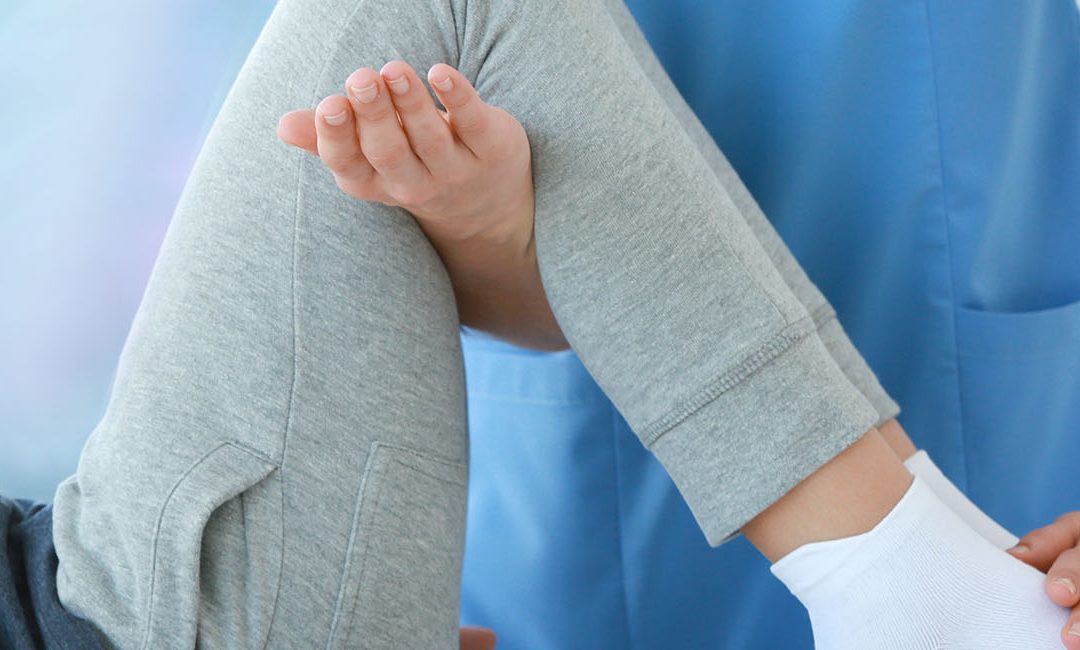The Medial Collateral Ligament (MCL) is a tough band of fibrous tissue located inside the knee. It joins the thigh bone or femur to the top of the lower leg bone or the tibia. The main function of MCL is to prevent the knee from bending inward. An MCL injury refers to a sprain in the medial collateral ligament. It mostly occurs in sports activities that involve a lot of jumping.
Causes
- Sudden bending or twisting of the knee
- A quick change in direction
- Trauma to the exterior of the knee during sports such as football or soccer
- Skiing accidents
Symptoms
- Pain and inflammation Inability to move the knee
- Stiffness
- A popping sound at the time of injury
- The knee may give out when the patient tries to stand upright Instability
Diagnosis
- Physical examination of the knee may be done
- The doctor may ask the patient to bend the knee and move it in different directions to check for range of motion
- The stability of the ligaments may also be tested I
- maging tests such as an X-Ray may be conducted by the doctor to clearly see the bone structures in the knee
- Further imaging tests such as Magnetic Resonance Imaging (MRI) may be required to get a clear picture of the knee muscles and ligaments
Treatment
Non-surgical treatment:
- Application of ice packs may help to reduce swelling
- Non-steroidal anti-inflammatory drugs (NSAIDs) may also help in reducing the pain and discomfort
- The doctor may advise using an elastic bandage or brace to compress the knee
- Elevating the knee above the heart level may provide respite from swelling
- Physical therapy may be recommended to improve the range of motion and strengthen the knee ligaments
- Complete rest is crucial for quick recovery
Surgical treatment
Surgery may be required if the ligament does not heal with conservative treatment.
- Arthroscopy may be performed to look for other associated injuries in the knee.
- The surgeons may use bone staples or metal screws to re-attach the torn ligaments


